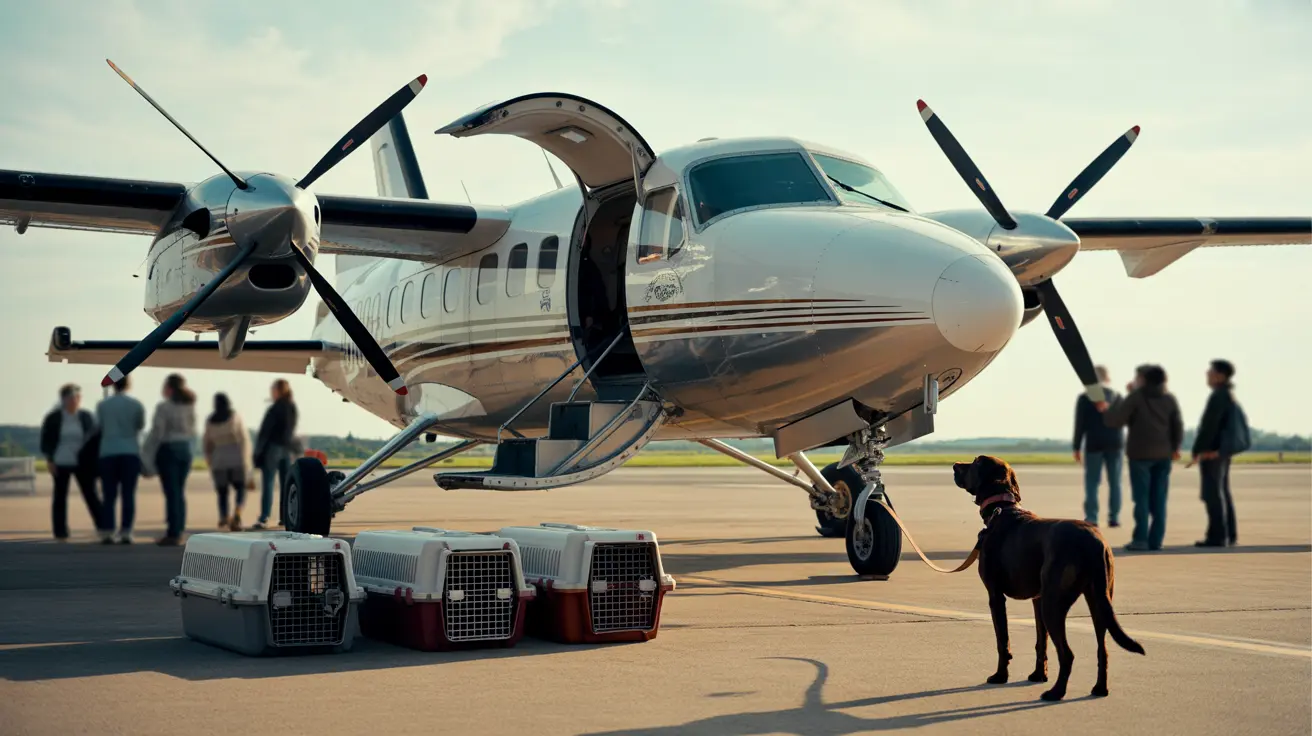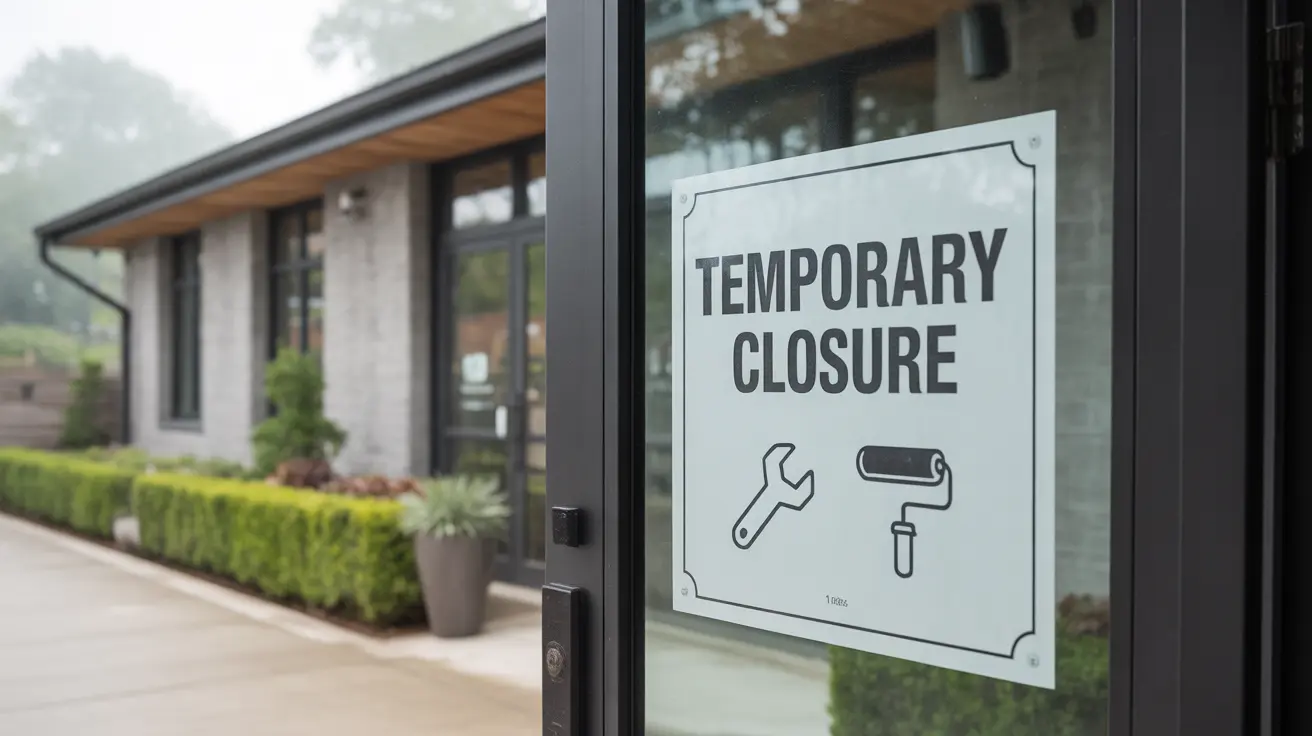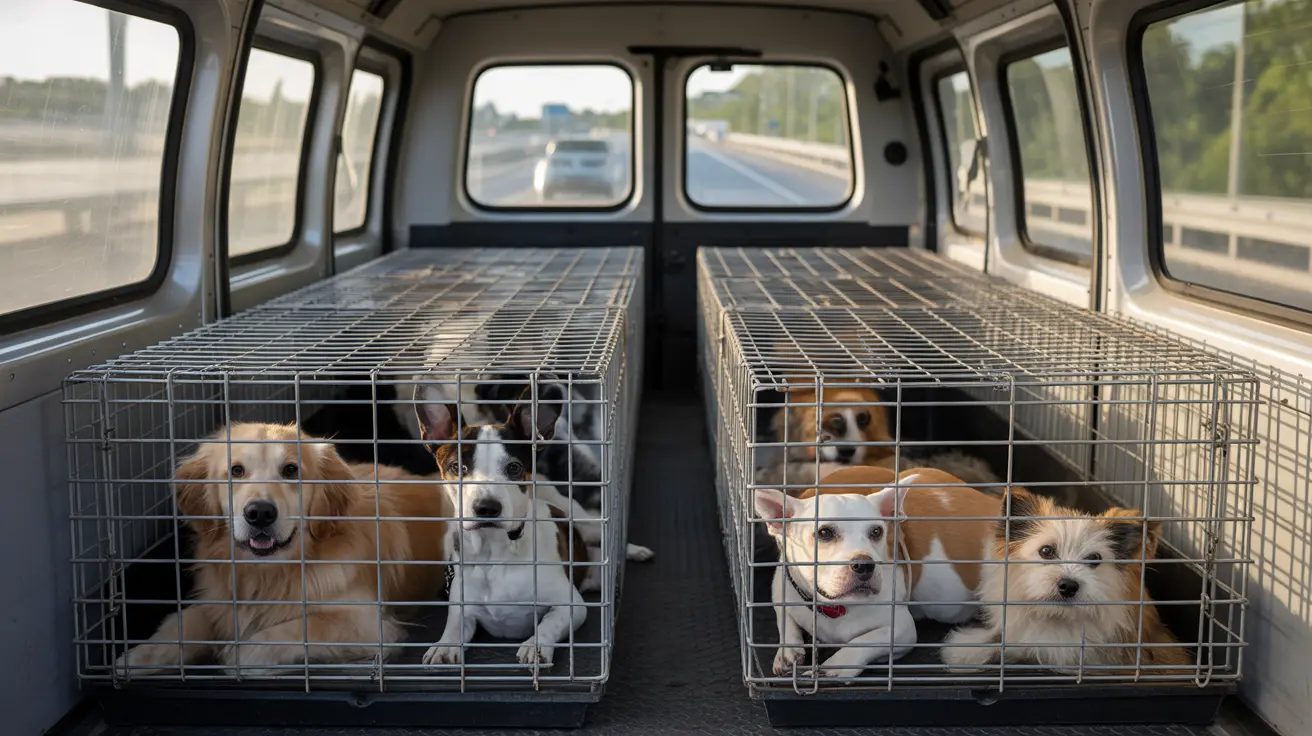Natural Causes of Boxer Drooling
Boxers are naturally prone to drooling due to their unique facial anatomy. Their short muzzles and loose, fleshy lips (called flews) make it challenging for them to contain saliva effectively. This natural drooling tendency becomes particularly noticeable in certain situations:
- During or after eating and drinking
- When excited or anticipating food
- During physical activity
- In warm weather
- While relaxing
Medical Causes for Excessive Drooling
While some drooling is normal, sudden increases or excessive drooling might indicate underlying health issues:
Dental and Oral Issues
- Tooth decay or gum disease
- Oral injuries or infections
- Tooth abscesses
- Foreign objects stuck in the mouth
Digestive Problems
- Nausea
- Motion sickness
- Stomach upset
- Acid reflux
Serious Medical Conditions
- Kidney disease
- Liver problems
- Respiratory infections
- Neurological disorders
Behavioral Triggers for Drooling
Your Boxer's emotional state can significantly impact their drooling behavior:
- Anxiety and stress
- Excitement
- Fear
- Motion sickness during car rides
- Changes in routine or environment
Managing Your Boxer's Drool
While you can't completely prevent a Boxer from drooling, several strategies can help manage it:
Daily Management Tips
- Keep drool rags in strategic locations
- Use washable bandanas or bibs
- Clean your dog's face regularly
- Place waterproof mats under food and water bowls
Preventive Measures
- Maintain regular dental check-ups
- Schedule routine veterinary examinations
- Monitor eating and drinking habits
- Keep your home at a comfortable temperature
When to Seek Veterinary Care
Contact your veterinarian if you notice:
- Sudden increases in drooling
- Blood-tinged saliva
- Difficulty eating or swallowing
- Bad breath or visible oral problems
- Accompanying symptoms like lethargy or loss of appetite
Frequently Asked Questions
Why do Boxer dogs drool so much, and is it normal?
Boxer dogs naturally drool more than many breeds due to their facial anatomy, particularly their loose lips and short muzzles. While some drooling is normal, excessive drooling might indicate health issues.
How can I manage and reduce excessive drooling in my Boxer dog?
Use drool rags or bandanas, maintain regular dental care, keep your dog at a comfortable temperature, and clean their face regularly. Consider using waterproof mats under food and water bowls.
What are the common medical reasons why my Boxer is drooling excessively?
Common medical causes include dental problems, nausea, digestive issues, respiratory infections, and organ diseases. Any sudden increase in drooling should be evaluated by a veterinarian.
Can stress or anxiety cause my Boxer to drool more than usual?
Yes, emotional states like stress, anxiety, and excitement can cause increased drooling in Boxers. Creating a calm environment and maintaining routine can help reduce stress-related drooling.
When should I take my drooling Boxer to the vet, and what are the signs of a serious issue?
Seek veterinary care if you notice sudden increases in drooling, blood in the saliva, difficulty eating or swallowing, bad breath, or accompanying symptoms like lethargy or loss of appetite.
Remember, while drooling is a natural characteristic of Boxer dogs, understanding your pet's normal patterns helps you identify when changes might indicate a problem requiring attention. With proper care and management, you can keep your Boxer healthy and your home relatively drool-free.






